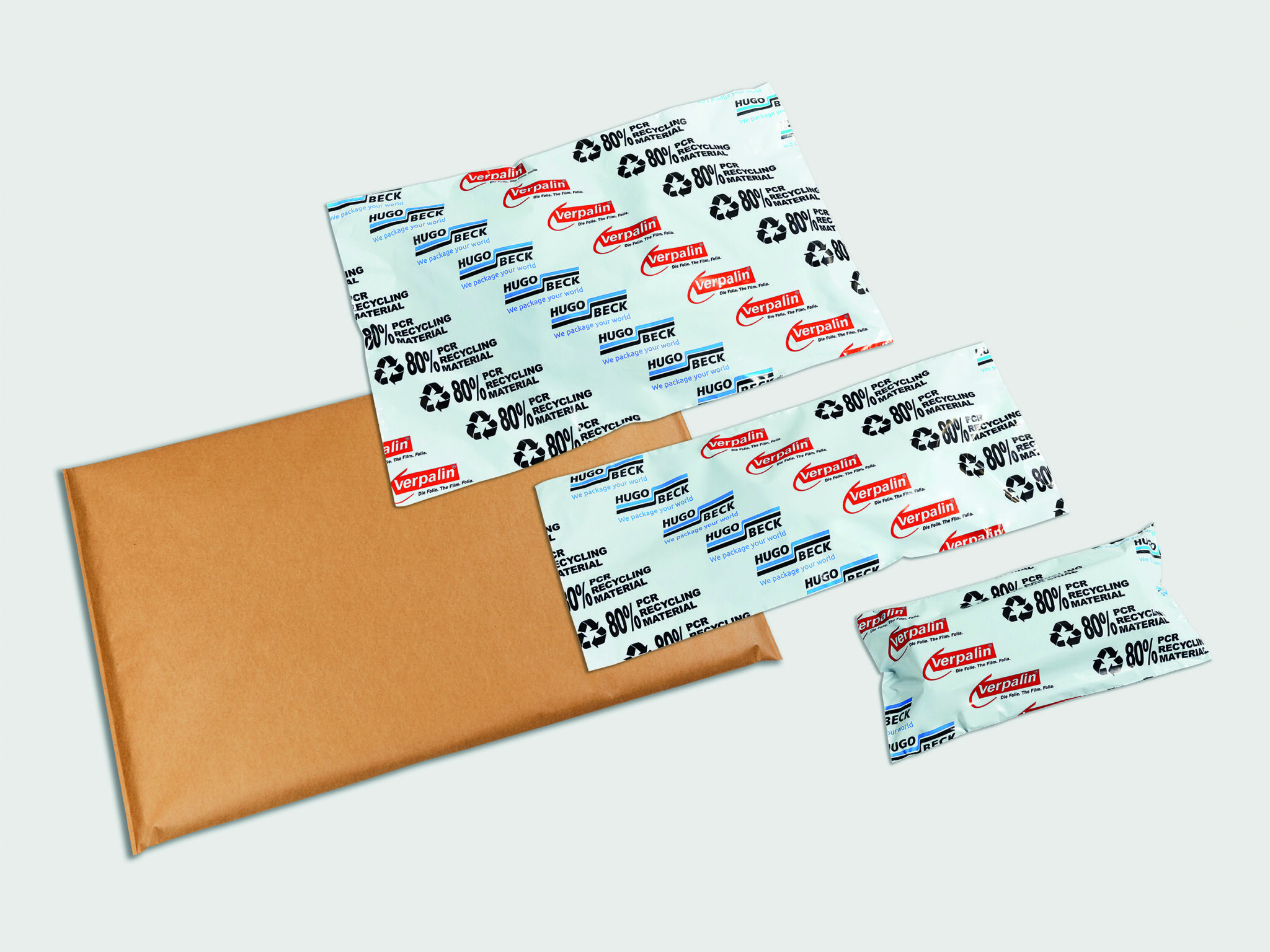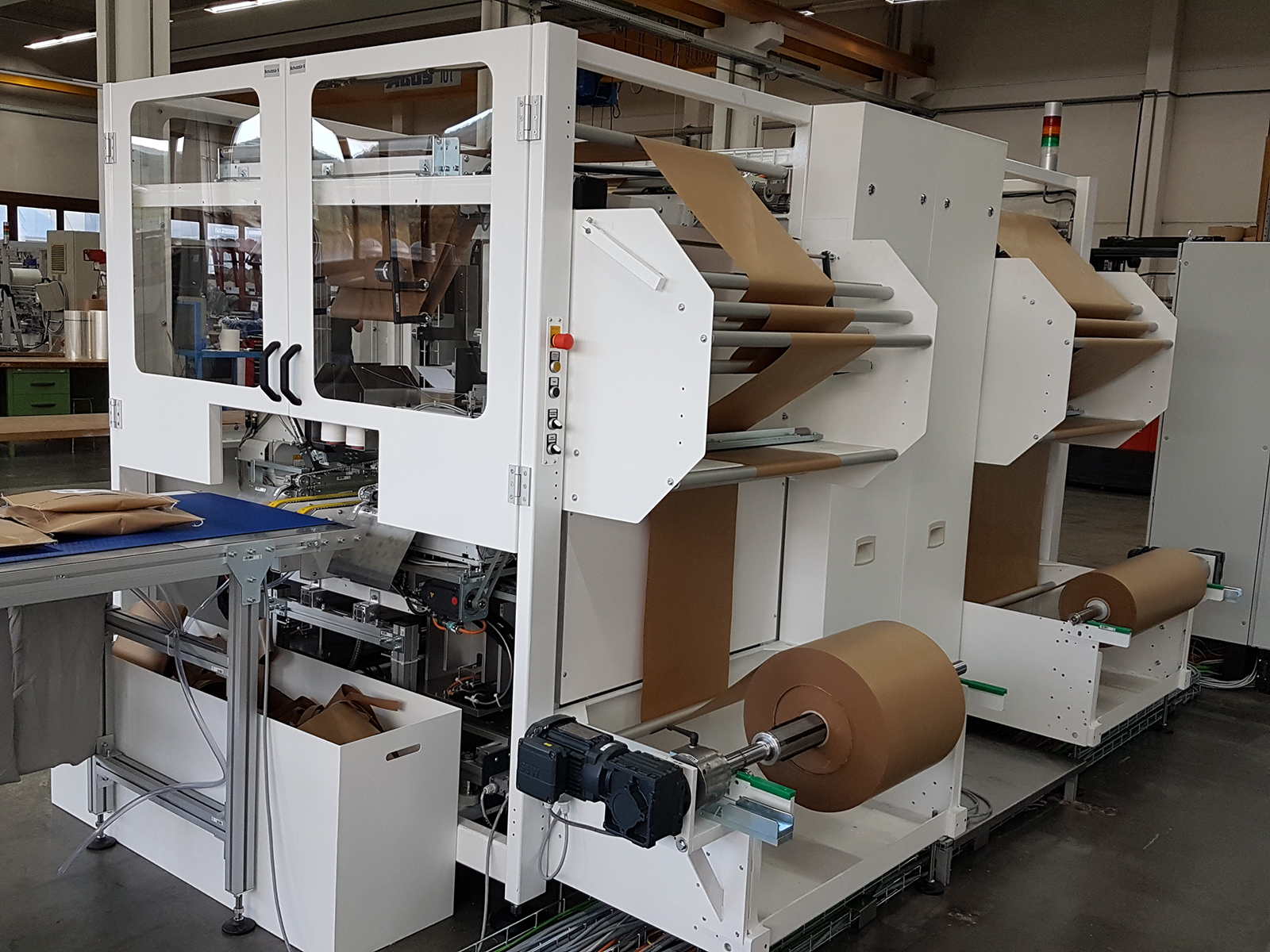IFCO, a supplier of reusable packaging solutions for fresh food, achieved record environmental savings with customers in 2024, a year marked by targeted expansion and a series of customer-centric packaging innovations. 2.4 billion shipments of fruit and vegetables, meat and poultry, fish and seafood, dairy and eggs, baked goods, bananas and other fresh grocery products were delivered in IFCO reusable packaging containers (RPCs) during 2024 globally.
In total, by using the IFCO SmartCycle circular pooling system instead of single-use packaging, customers generated the following environmental savings during 2024:
• 674,333 metric tons of CO2e emissions, equivalent to circling the planet 140,344 times by car
• 54,308 megaliters of water, equivalent to 21,723 Olympic size pools
• 14,854 terajoules of energy, equivalent to the annual energy consumption of 746,668 households
• 1,363,131 metric tons of solid waste, equivalent to the solid waste produced by 2.73 million people in a year
• 66,015 tons of product waste, equivalent to 105 million meals
IFCO uses third-party peer-reviewed life cycle assessment (LCA) studies based on ISO 14040/14044 to scientifically quantify the environmental benefits of the IFCO SmartCycle in reducing CO2e emissions, water consumption, energy use and solid waste, as well as other third-party studies to quantify reductions in food loss and food waste. For the eighth year in a row, IFCO is to award customers with an individual IFCO Sustainability Certificate. These science-backed certificates accurately quantify and recognize each customer’s unique contribution to the significant environmental savings achieved through the efficient and food-safe SmartCycle circular pooling system.
Importantly, these certificates allow producers, growers, distributors and retailers to demonstrate their commitment to improving the environmental performance of their supply chains. Customers increasingly use the certificates to showcase their tangible progress toward their own sustainability goals.
Further reductions to the carbon footprint of sustainable packaging
In 2024, a new critically reviewed LCA study commissioned by IFCO, conducted by Fraunhofer IBP and reviewed by a panel under the direction of DEKRA, updated the environmental impacts of reusable packaging containers and cardboard boxes over their full life cycle. Since 2018, IFCO has cut the average carbon footprint of its RPCs by an additional 10%. In addition, the company’s RPCs now generate up to 62% less CO2e emissions compared to single-use packaging, up from 60% in 2018. Comparative LCAs are essential for IFCO’s ESG Strategy, Thriving in the circular economy and help define the decarbonization levers, activities and milestones that support the goals of becoming a net-zero, zero-waste business by 2040.
Greater impact with innovative packaging, digital services and new regions
2024 also saw the launch of new customer-led innovations, including Dora and Nestor, two lightweight, durable plastic pallets, and the Marina Fish Crate, which also expanded the use of IFCO’s integrated tracking systems and proven digital technologies. In addition, IFCO continued to strengthen its market presence in 2024 through strategic acquisitions. For instance, the company acquired BEPCO in the Baltics, allowing more customers to access sustainable packaging solutions through the SmartCycle. Furthermore, the company opened two new state-of-the-art service centres with advanced automation in the UK as well as a new digital hub in the city of Barcelona to enhance supply chain transparency and efficiency.
“Every reusable packaging innovation, every digital solution and every acquisition expands our reach and allows more customers to benefit from our sustainable circular business model, reducing waste and carbon emissions in the process. Working closely together with our customers – producers, growers, distributors and retailers – we are driving impactful change in the global fresh grocery supply chain,” says Iñigo Canalejo, Vice President ESG & Strategic Marketing, IFCO.
similar news







